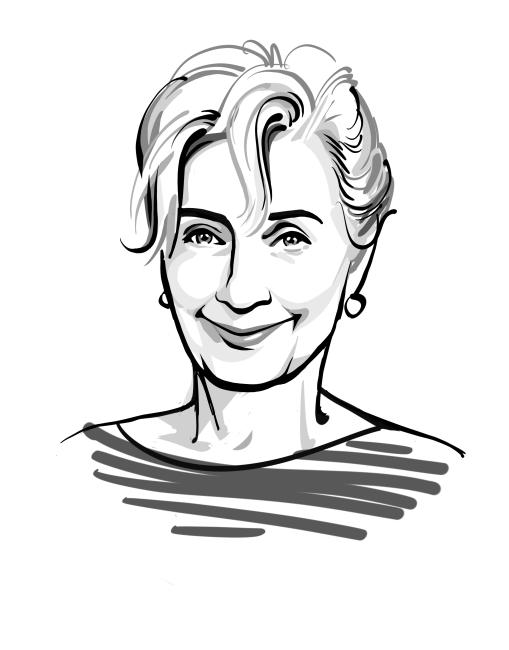Eleanor Reissa
Tony-nominated director, singer, actress, and writer Eleanor Reissa joins the Yerushe Society, naming the Center as a beneficiary in her estate plans.

The Tony-nominated director, singer, actress, and writer Eleanor Reissa, revered as “the queen of Yiddish cabaret,” has won international acclaim and graced New York City’s most hallowed stages. Her rich, honeyed timbre and immaculate diction is also familiar to listeners of the Yiddish Book Center’s “Who Is Guilty?” radiocast, as well as from her contributions to the Wexler Oral History Project. “I mean this as no disrespect to all the other institutions that I’m associated with,” Eleanor says with a smile, “but I feel very much at home culturally at the Yiddish Book Center.”
Yiddish was the Brooklyn-born performer’s first language, and an important part of her childhood. “Every summer until I was sixteen, I lived with my grandparents in the Catskills. So that was a lot of Yiddish.” But it was thanks to her fledgling roles in the Yiddish theater, she explains, that she gained true artistic dexterity with the language. As a young singer in concerts at the Workmen’s Circle, she worked with famed Yiddish music maestro Zalmen Mlotek. “He was a firm taskmaster and didn’t let me get away with anything, which I’m terribly grateful for.”
Still, Eleanor has sometimes chafed at being pigeonholed as a Yiddish artist. “In my earlier years, I so wished to be somebody other than the daughter of two refugees, and to do mainstream art.” Lately, the impulse to forge a different path has fallen away.
“This culture and these people are so thick in me,” she reflects. “I understand that I possess a wealth of them.” A decisive stage in Eleanor’s surrender to her destiny was writing The Letters Project: A Daughter’s Journey. Inspired by a cache of letters written by her father to her mother, this captivating blend of memoir, travelogue, and Holocaust testimony sees the author go to Germany, and go back in time, to trace her parents’ experience as “Holocaust fighters”—a term Eleanor prefers to survivors. In learning who her parents were, and realizing what they endured, she found her own identity. “Most of my life,” she remarks, “I didn’t know who I was.”
Today, she happily embraces “a self that includes Jewishness and Yiddishkeit, which I value more than I did when I wanted to be Christine Baranski!” As a fitting complement to a career of celebrating and helping to preserve Yiddish culture, Eleanor has joined the Yerushe Society, whose members name the Center as a beneficiary in their estate plans. “I’m honored to be associated with the Yiddish Book Center and its work. And I’d like to be a part of it long after I’m gone. I mean, what began as a bunch of books in a cardboard box is a world greater than anybody could have imagined.”
